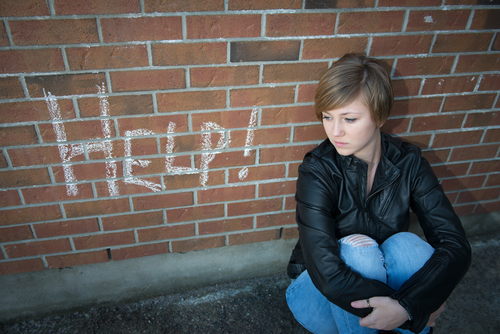At some point, most people with addicted loves will be pressed with the question of whether they’ve ever enabled that person’s addiction. It’s natural to get a little offended by this question, but in reality, the line between the right kind of support and the wrong kind–the enabling kind–can be a tricky one to dissect. It’s hard to imagine kicking an addict out of the house, cutting off their food funds, or ending the friendship between you and them.
Helping or Enabling?
How do you know that you’re enabling a drug addict or alcoholic? If you’re making it easier for them to abuse drugs, either emotionally or practically, that’s enabling – even if you’re keeping them housed, bathed, and sane in the process. If you have to leave work early to pick up your daughter after your husband drunkenly forgot, that’s not enabling, but if you’re picking your husband from the bar because he got too drunk to drive home…that’s enabling.
On a broader note, if you find yourself doing anything more than your share in the relationship or friendship for the sole reason that an addict is using drugs or alcohol…you’re enabling. It’s a difficult urge to shake, the natural instinct to help our loved ones however possible, whenever possible. What you determine to be helpful in a single powerful instant, may not be helpful at all.
What To Do
This is a lot more complicated than “nothing vs something.” The point isn’t to send the addict to dig themselves even deeper, it’s to encourage them to get out. Say you have a child who refuses to wash his sheets. If you do it every week for him, he’ll never do it himself.
You don’t have to let an addict hit rock bottom in order to stop enabling them. You need to try to get them into treatment before that time comes. After a while, your words may feel useless to you, but for the person struggling, that persistence can make all the difference when a moment of clarity strikes. Additionally, you can and should seek out services for this purpose exactly (conversation).
To get into contact with an interventionist, or to get your loved one into treatment today, give us a call at xxx-xxx-xxxx.




